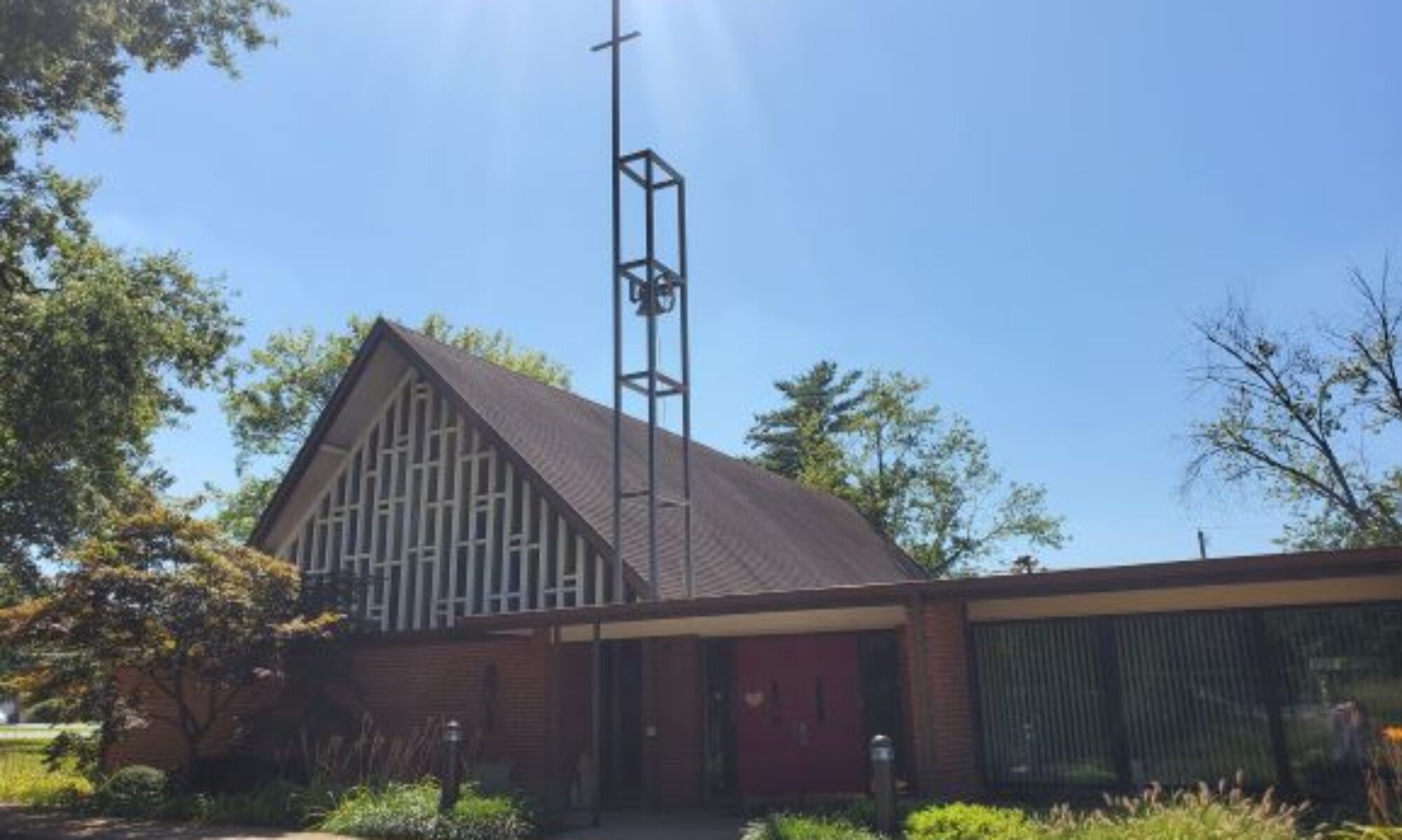Liturgical tradition
The Episcopal Church uses set forms of prayers for worship. We stand in the tradition of the Church of England and the Anglican Communion which finds the focus of its worship life in the Book of Common Prayer. The current American edition was published in 1979.
At the 8:00 am service on Sunday, you will receive a leaflet which references page numbers in the Book of Common Prayer, copies of which can be found in the pew racks. At the 8:00 service, we sing only the doxology at the presentation of the offering and the Great Amen at the conclusion of the eucharistic prayer.
At the 10:15 am service, we print a worship booklet that contains all the texts and music used in the service. This allows us the flexibility of using supplemental liturgical materials approved for use since 1979. At the 10:15 am service we sing several hymns and musical settings of liturgical texts.
A good description of what to expect in Episcopal worship can be found here.
Liturgical style
While Advent has a very high theology of eucharistic worship as participation in the life of the Trinity, we have a very relaxed liturgical style. For the high feasts (Christmas Eve and the Easter Vigil), we use incense, and on most Sundays (at the 10:15 am service), we carry the cross and candles in processions at the opening of the service, at the Gospel and Offertory and at the close of the service. We try not to be “fussy” about these liturgical practices. We believe worship should express the delight of the life of the Trinity — worship should be fun. Because we take seriously the offering of our common life in the Eucharist, you can expect the exchange of the Peace to be quite lively and take some time at Advent
Children
We believe children are formed as Christians by participating in the life of the Body of Christ. Children, even fussy, fidgety children are welcomed in worship. It is our experience that children are less disruptive in worship the more freedom they are given. We are quite accustomed to children wandering up to the altar during the service to see what is going on, and they will be welcomed there. Parents are usually far more anxious about the
behavior of their own children than anyone else is. If parents can learn to relax, their children will relax. Welcoming even fussy, fidgety children reminds us of the importance of accepting one another in community. Without the voices of children, we miss aspects of what God desires to reveal to us.


